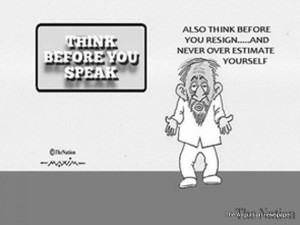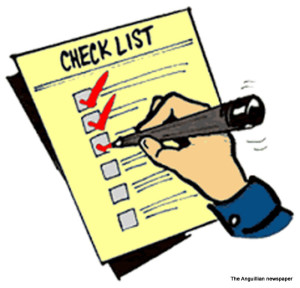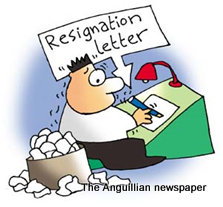BEFORE
YOU
RESIGN
Now is not the time to burn bridges!
Quitting a job is hard and if you have been with a company for a long time it will feel like you are leaving your family. Moving on is however inevitable and so the primary question many people ask is how to do it in a way that doesnot unnecessarily burn any bridges. This is important because you never know what will happen in the future. Furthermore, you may need a reference for your new job.This article is to assist you to avoid some of the common mistakes people make when they decide to resign by highlighting 3 things you should think about before you resign!
1. When to start preparing to Resign
No matter how stressful your job is, 10 minutes after you’ve handed in your resignation letter is not the time to begin looking for a new job. You should start preparing for your resignation only after you have received a firm commitment from your next employer in writing. This commitment should include your starting date, annual starting salary and your work schedule. Do not resign or speak of resigning to an yone at your workplace until you have actually received such a written commitment.
yone at your workplace until you have actually received such a written commitment.
2. Preparing for your Resignation
Regardless of the reason, resigning is a process and not a single act. Once your commitment to leave is assured, you are ready to begin the process. This process includes considering the following questions/matters:-
? How much notice is required? –Most employment contracts say that you have to work for a set amount of time after you resign so you don’t leave your employer in the lurch. You should review your contract or seek legal advice on how much notice you need to give your employer. This is usually around 1 week to 3 months. During this time you are expected to keep working and you are usually required to do a handover of your workload to your boss or coworker s.
s.
? Do I need a reason?–You are not obligated to include your reasons when resigning, although you should include this if you feel it will be constructive. However, always be sure to put a positive spin on it if you do explain your reasoning.Regardless of how much you dislike your job, dislike your boss, or dislike the company, don’t say it. Even if quitting is the best career move you’ve made, to date, keep it to yourself. Don’t burn your bridges!
? What should be included in your resignation letter?– It is best to resign both verbally and in writing. Your resignation letter should:-
(i) state your reason for resigning;
(ii) make clear the definite date when your resignation is to be effective; and
(iii) state a note of appreciation, regret or both.
? Can I work for a competitor? – There may be terms in your contract that say you can’t work for a competitor or have contracts with customers for a period of time after you leave the company. You should carefully review your contract to see if it contains such terms. This is important because your employer could take you to court if you breach any such term in your contract.
? What to ta ke with you?-Company data, reports, contacts, etc. are assets of the company even if you worked on them. Using them for your own benefit is therefore no different than stealing physical property. Do not take company property or confidential information. You should only take documents that are truly personal. People often want to take their contacts before they leave. Most companies however treat this information as firm property so avoid printing and downloading that.
ke with you?-Company data, reports, contacts, etc. are assets of the company even if you worked on them. Using them for your own benefit is therefore no different than stealing physical property. Do not take company property or confidential information. You should only take documents that are truly personal. People often want to take their contacts before they leave. Most companies however treat this information as firm property so avoid printing and downloading that.
? What if your job counter-offers?– Your employer may well look at you in the eye and say “Give me a number that will keep you”. If the only reason you are leaving is because of money, then before you accept your new job and quit your current one you should ask for a raise. However most of the time money is not the issue. Therefore a counter-offer even if attractive is not worth it as even if you decided to stay on, things are unlikely to feel the same after that.
? What happens to your pension benefits? – There is no easy answer to this question as pension plans vary. You should therefore carefully review your employment contract and/or pension manual so that you understand how your pension plan operates. In particular, you should carefully look for any sections that describe pension penalties, clawbacks or limits.
? Decide on your story–You will be asked why you quit by everyone. If you must give a reason, always remember this old adage: if you have nothing good to say, say nothing.
3. Letting People Know
You should stay disciplined and let people know in the order of importance to you so you preserve relationships. If you have clients or external relationships, be sure to first obtain permission from your employer so it doesn’t appear like you are attempting to poach these clients to your new job. You don’t need to update your LinkedIn and other social media profiles right away.
Conclusion
Resigning does not have to be stressful if you are organized. In fact, it’s usually the start of a new chapter in your life so treat it positively and make sure you leave on a good note!
is a public legal education column written fortnightly by KEITHLEY LAKE & ASSOCIATES, Attorneys-at-Law, The Law Building in the Valley (tel:264-497-2069). The views expressed herein are not, and are not intended to be and should not be taken as, a substitute for legal advice. Please send your comments and questions to thelawandyou@anguilla-attorney.com.







